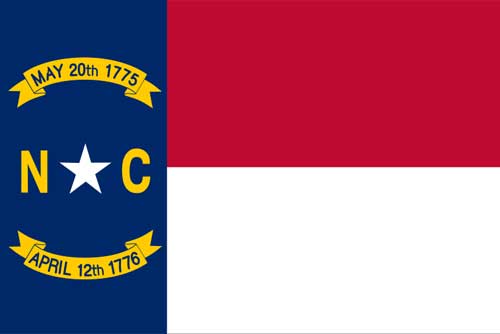High Point | Greensboro | Fayetteville | Durham | Charlotte | Cary
Daycare costs in North Carolina are moderate compared to national averages, with significant regional variation. In urban centers like Charlotte and Raleigh, weekly costs for infant care range from $250 to $350 due to high demand and operational expenses. In rural areas, daycare is more affordable, with costs averaging $150 to $200 weekly, though access to licensed providers can be limited.

Several factors influence daycare costs across North Carolina:
These factors create regional disparities in daycare costs across the state.
North Carolina daycare services focus on quality, safety, and accessibility through the following components:
These elements ensure high-quality childcare while addressing affordability and access challenges across the state.
North Carolina has implemented several initiatives to support affordable childcare:
Despite these efforts, challenges persist in rural areas, where access to licensed facilities remains limited.
Daycare costs in North Carolina vary significantly by region:
These disparities emphasize the need for expanded licensed daycare services and increased financial support across North Carolina.
North Carolina’s daycare system reflects its efforts to balance affordability, quality, and accessibility. Urban areas like Charlotte and Raleigh provide diverse and high-quality daycare options but at higher costs, while rural regions offer affordability but struggle with service availability. Expanding subsidies, increasing licensed facilities, and enhancing workforce support are essential steps to ensuring equitable childcare access across the state.